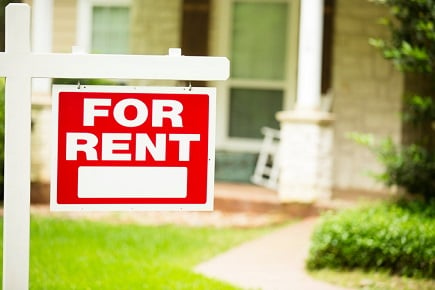Expanding California's housing is a better way to address rocketing prices, says association

The California Association of Realtors (CAR) has come out against rent control, amid efforts in the state’s senate to repeal rent-control restrictions on new buildings.
"At a time when California is struggling to build enough homes to satisfy the demands of an expanding economy and its 39 million residents, now is not the time to enact rent control," CAR President Steve White said in a statement released Thursday. "What's more, mandating artificial prices for rental units won't fix the state's housing supply and affordability crisis. It only reduces the supply of rental properties and creates an economic hardship for low-income and disadvantaged families."
Rather than introduce price ceilings, the group believes that expanding California’s housing is a better way to solve the state’s affordability problem.
The state’s current rent-control policy falls under the Costa–Hawkins Rental Housing Act of 1995. Cities can only implement rent-control on certain residential units built before 1995, or the year rent control was established in a city – such as 1978 for Los Angeles. Cities are not allowed to cap rent on new construction. This means the number units under rent-control could dwindle, as old homes are demolished to make way for new ones.
Supporters of the “Affordable Housing Act,” which seeks to repeal Costa-Hawkins, filed paperwork last year for a ballot initiative this November. The group – with Los Angeles Mayor Eric Garcetti and Councilmember Mike Bonin – announced on Monday they’ve gathered over 565,000 voter signatures across California’s 58 counties for the November ballot to push through.
But according to CAR, efforts to control rent have done little, if anything, to rein in housing and rental costs. Citing figures from Zumper, CAR said San Francisco's current median home price is $1.6m, and the median rent for a one-bedroom apartment is $3,400. In Los Angeles, those numbers are $529,000 and $2,250, respectively.
In 2017, the group supported several bills aimed at addressing the state’s affordability issues. These include AB 678 and SB 167, which helped strengthen the Housing Accountability Act; AB 352, which helps construction of "efficiency units," and SB 38, which streamlined affordable housing production.



